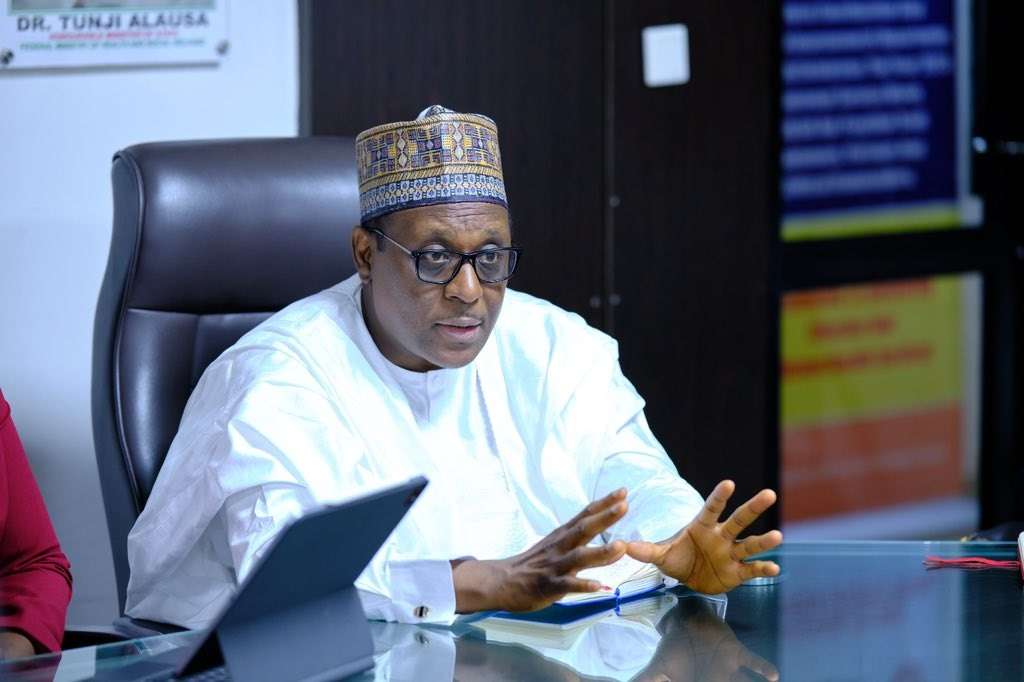
President Bola Ahmed Tinubu has approved a new national policy aimed at curbing the migration of healthcare workers from Nigeria, commonly referred to as the “japa” syndrome.
Announced Monday by the Coordinating Minister for Health and Social Welfare, Dr Muhammad Ali Pate, the policy seeks to improve working conditions and retain health professionals across the country.
Dr Pate, through a statement on his X account noted that the policy goes beyond merely responding to the ongoing exodus of healthcare professionals; but it’s a comprehensive strategy to manage, harness, and reverse health workers migration. It envisions a thriving workforce that is well-supported, adequately rewarded, and optimally utilised to meet the healthcare needs of all Nigerians.
“The new policy introduces the Nigeria Human Health Resource Programme, which will regularly assess and improve the working environment for healthcare workers.
“Central to this vision is the Nigeria Human Health Resource Programme, which sets a framework for regular reviews of working conditions, ensuring that health workers, especially in rural and underserved areas, receive the recognition and rewards they deserve. By fostering an environment conducive to professional growth and stability, the policy aims to retain top talent within Nigeria,” he stated.
Pate also emphasised the guidelines focus on using digital health technologies, such as Electronic Medical Records (EMR) and telehealth services, to enhance healthcare delivery nationwide.
“In an increasingly digital world, integrating advanced health technologies is essential. The policy’s focus on digital health infrastructure—including Electronic Medical Records, telehealth, and a comprehensive Health Workforce Registry—marks a significant step towards a more efficient, data-driven health system. These innovations will streamline healthcare delivery and enhance the equitable distribution of health workers, ensuring access to quality care for all Nigerians.” Pate said
According to the minister, the blueprint will address the return and reintegration of Nigerian health professionals from the diaspora. He also noted that it champions reciprocal agreements with other nations to ensure that the exchange of health workers benefits Nigeria.
“By establishing streamlined registration processes and providing attractive incentives, the policy not only encourages the return of our talented professionals but actively reintegrates them into our health system. This approach leverages the expertise of our diaspora to bridge gaps within the health sector.
“These bilateral and multilateral agreements are designed to protect national interests while respecting the rights and aspirations of our healthcare professionals. We call on recipient countries to implement a 1:1 match—training one worker to replace every publicly trained Nigerian worker they receive.”
Recognising the importance of work-life balance, he explained that the strategy includes provisions for routine health checks, mental well-being support, and reasonable working hours, especially for younger doctors.










